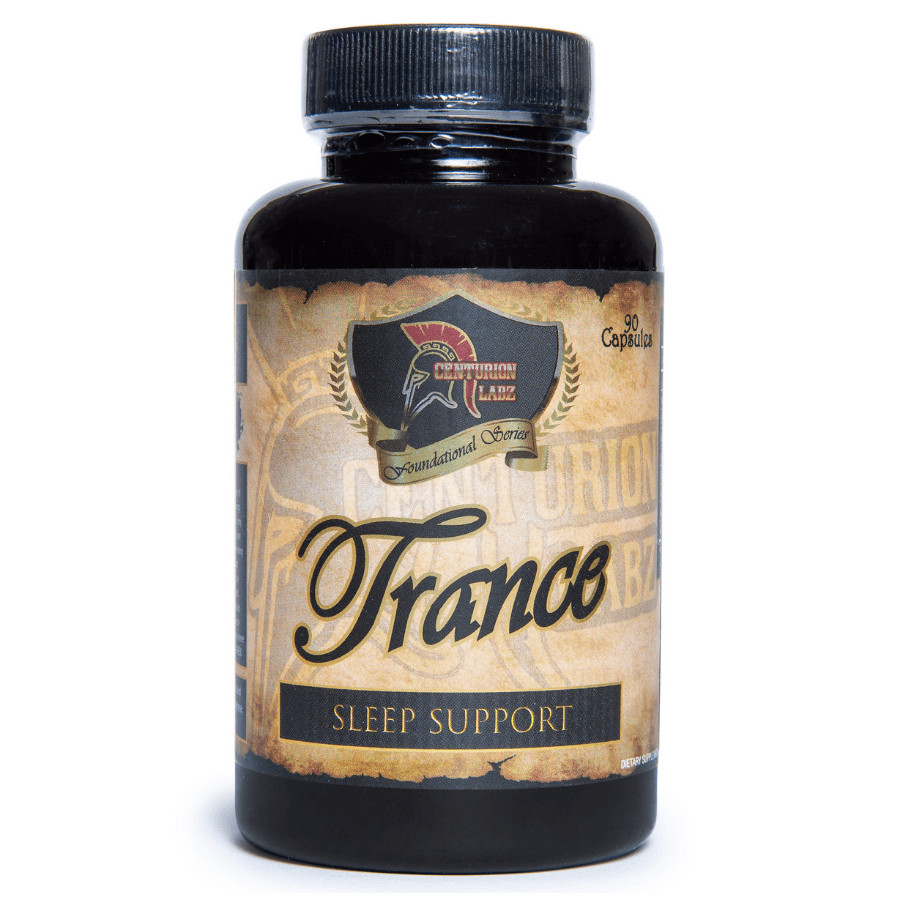Sleep also determines the concentration of testosterone and cortisol, closely related to physical activity. They affect the body’s response to exercise and muscle growth after strength training and regulate the immune system. The amount of hormones produced depends mainly on the diurnal cycle. In the case of sleep deficit, hormonal imbalance is lost – cortisol levels rise. This, in turn, hurts anabolic and catabolic processes in the body. Sleep affects cognitive functions and productivity. Both its length and quality are essential. Trainers who suffer from a deficiency of night rest deteriorate cognitive performance: alertness decreases, reaction time increases and accuracy of movements decreases. According to research, there is a close relationship between sleep duration and improvement in training performance.
Chronic problems with the quality and length of sleep contribute to the disruption of carbohydrate metabolism, increased blood glucose levels and decreased tissue sensitivity to insulin. The endocrine system becomes dysregulated, including decreased leptin levels and increased ghrelin production, increasing hunger and slowing metabolism. Insufficient sleep leads to a decrease in the body’s immune system, its immune response increases and metabolic disorders appear. Deterioration of cognitive and physiological functions due to lack of sleep usually results in poorer athletic performance. However, it should be immediately emphasized that the body of each person is different, and its need for sleep changes. Several factors are influenced by diet, physical effort, and sometimes even weather conditions. Athletes are exposed to many stressful situations, which wreak havoc on the body; therefore, without proper regeneration during sleep, numerous health problems occur, affecting the psychophysical sphere.
How can you improve the quality of your sleep?
Improving sleep quality is vital for those looking to achieve better workout performance. Therefore, it is essential to create optimal conditions for night rest. The bedroom should be darkened entirely because the light emitted during sleep disturbs melatonin secretion and the circadian rhythm. The visual organ sends a signal to the brain about detecting light, which is treated as the beginning of the day. In the room should be a lower temperature, up to 20 degrees Celsius, because too high negatively affects sleep quality. A bath or shower in cold water before sleep has a relaxing effect. The bedroom should also be quiet, calm, so turn off all sound sources. The quality of sleep is also greatly affected by the mattress – choose the right degree of hardness.
The critical issue for night rest is to avoid exposure to blue light emitted by screens of smartphones, tablets, TVs and laptops. It would help if you refrained from using these devices two hours before going to bed. Otherwise, the secretion of melatonin that affects sleep quality will be disrupted. You can also install appropriate filters on your phone and computer that block blue light or equip yourself with special glasses with orange frames. Exposure to red light improves sleep quality and increases melatonin production. Before going to bed at night, it is worth doing stretching exercises for a few minutes, eliminating tension and relaxing. Meditation is also great as it calms you down.
Avoid working out too late as this disrupts the circadian cycle. If someone has problems sleeping, they should move their workout to the morning hours. Otherwise, this will translate into a shorter duration of deep sleep. Also, be careful with coffee, which stimulates and increases adrenaline levels. It should not be drunk seven hours before bedtime. Another issue is the time of eating meals. The last meal should be eaten no later than two hours before going to bed. In addition, it should not be hard to digest because you can forget about regenerative sleep. Finally, it is worth helping yourself with dietary supplements improving sleep quality such as ashwagandha, melatonin, magnesium, valerian or l-theanine.





